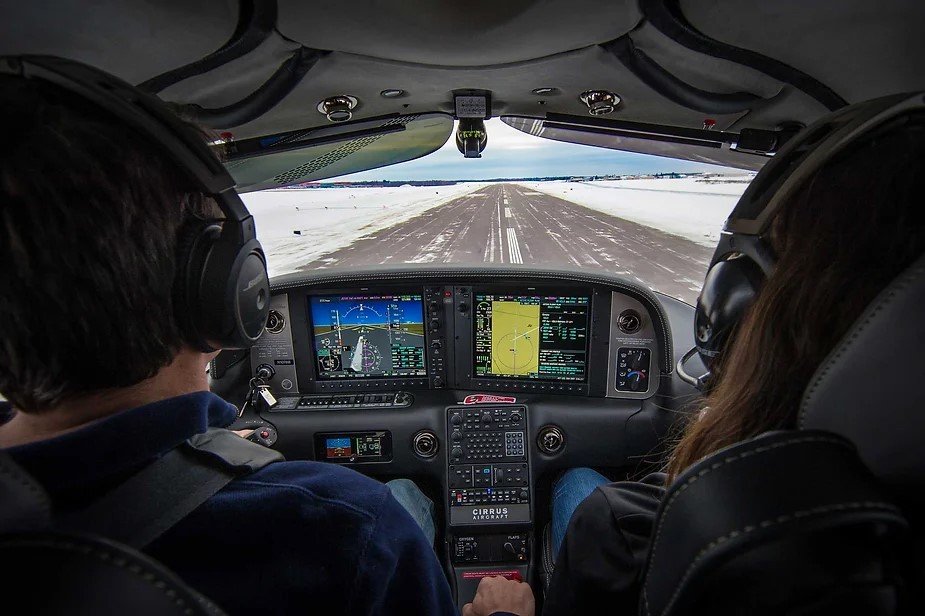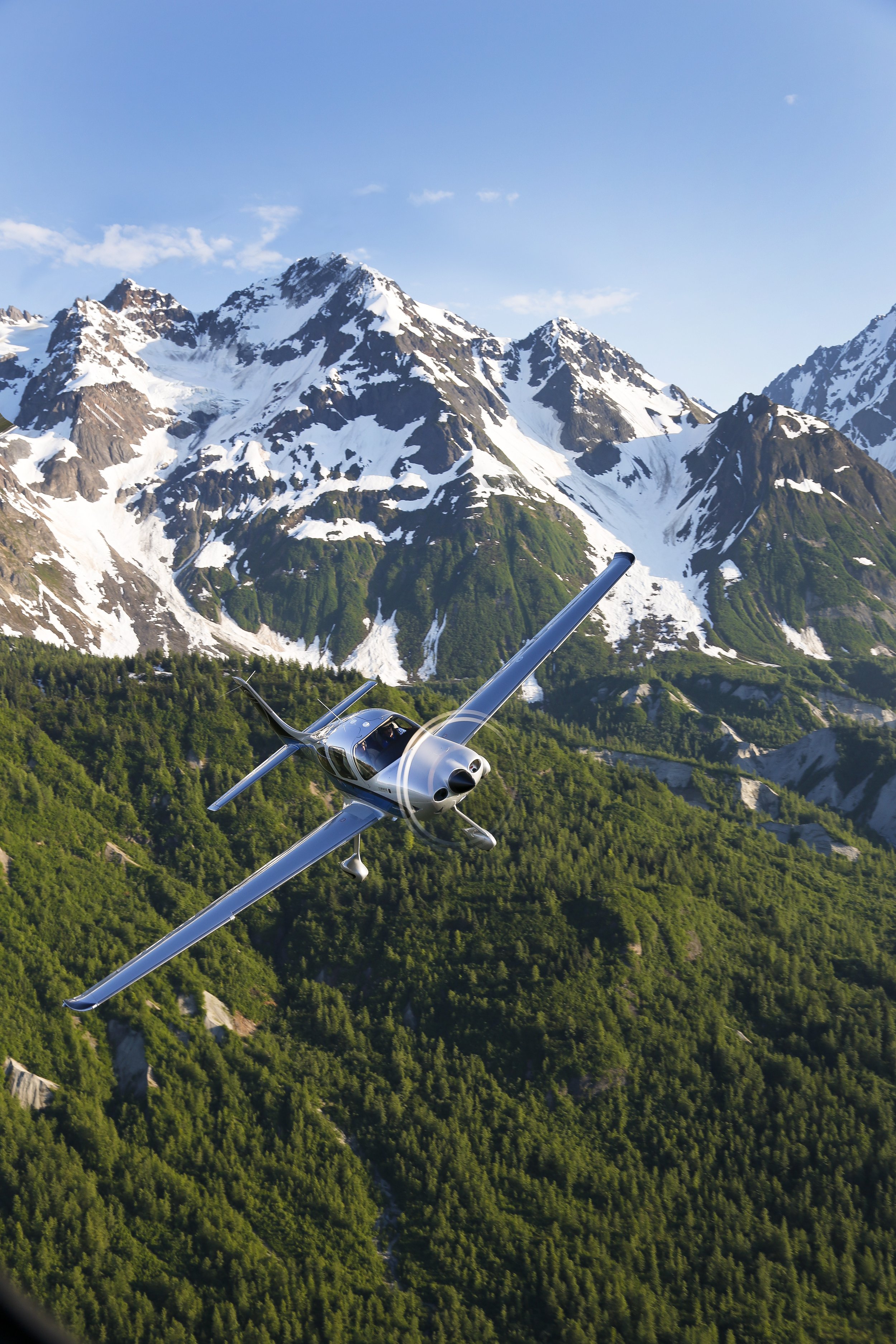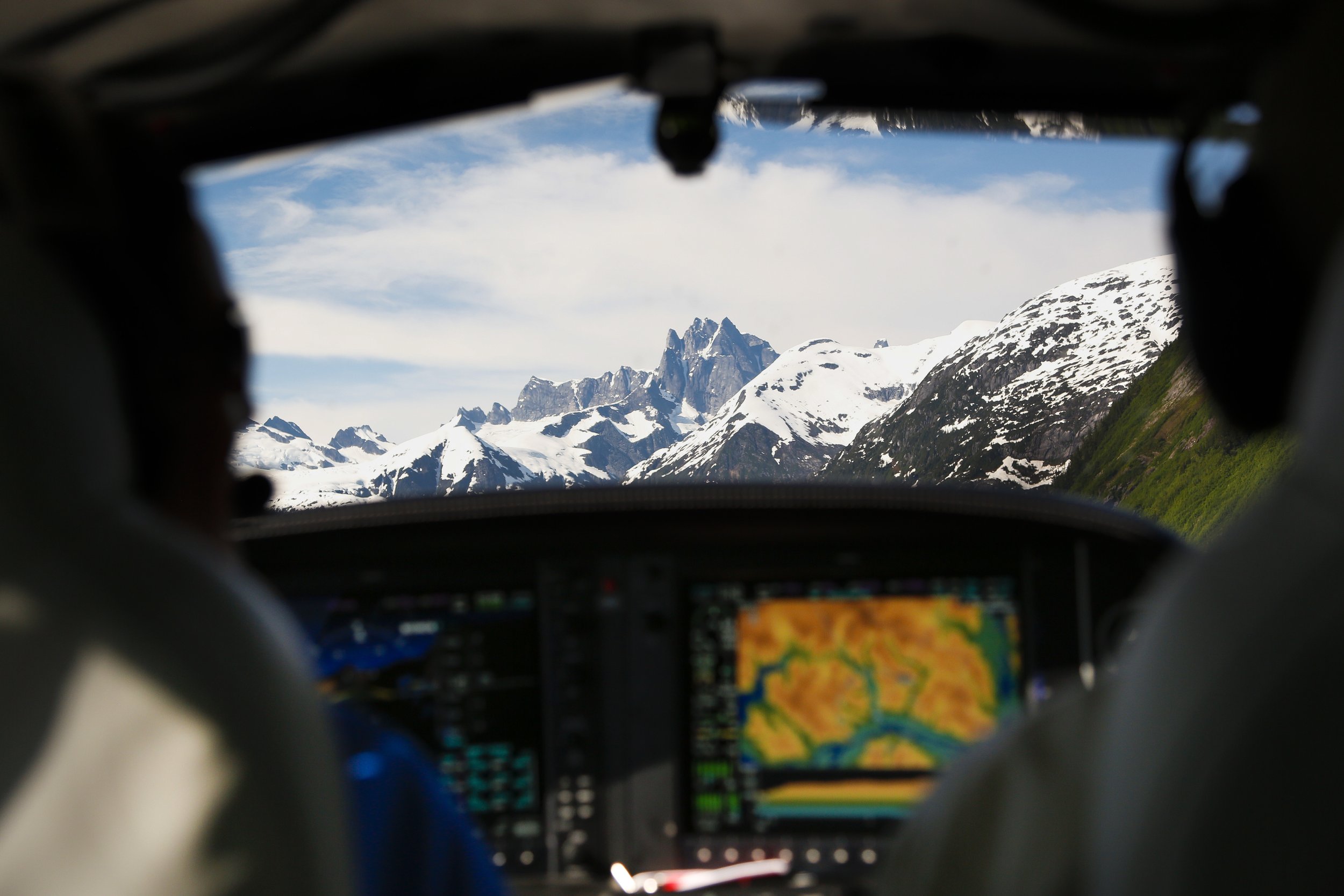INSTRUMENT RATING COURSE
This program will allow you to efficiently become a safe Instrument pilot who will be able to get the most utility and enjoyment out of your Cirrus and its advanced systems.
The Flight Academy has worked with over 250 clients on their instrument ratings. We teach our clients not only how to pass a check ride with any examiner in the country, but also how to be safe pilots – proficient with everything the Cirrus has to offer. Having taught in Cirrus aircraft since 2001, we are the most experienced Cirrus training company in the world.
The instrument rating is a three stage course:
Stage 1: Basic attitude instrument flying (BAI)
Stage 2: Instrument flight rules (IFR) cross country
Stage 3: IFR approach procedures
The first stage of the instrument rating is basic attitude instrument flying (BAI). You will learn to fly straight and level, perform standard rate turns, constant speed climbs and descents, and numerous other maneuvers all by reference to instruments.
The second stage of instrument flying is where you will learn about the IFR en-route structure and instrument approaches. You will plan and fly IFR cross countries using GPS and VOR navigation. You will fly along airways, in controlled and uncontrolled airspace, learn the IFR functions of your avionics, become able to file IFR flight plans, copy clearances, interpret weather, and fly safely in the system. We like to take our students on real cross countries that encompass several states and travel through various airspace and weather systems to get as much practical experience as possible. We are also now teaching the capabilities of WAAS and the new Cirrus Perspective equipped aircraft and will ensure you have total proficiency with it.
The third stage is where you will become more proficient at flying IFR approaches and prepare for the check ride. The training during this stage will build upon and incorporate missed approach procedures, holds, and circle-to-land approaches. This stage is completed when you pass your IFR check ride and are an instrument rated pilot.
“I wanted to fly since I was 14 and waited 38 years to make it happen. At age 52, there was no reason to let more time slip by – so the 14 day IFR course offered through The Flight Academy was the perfect solution. Their teaching philosophy of “leaving home” was great – we saw many different airports exposing me to new locations and situations while I learned how to shoot an approach, intercept a track and navigate a hold. My instructor was like a flying encyclopedia – her knowledge of the material and understanding of the Cirrus plane was incredible. She had just the right mix of patience and high expectation that I was definitely prepared for the check ride on the last day of the course. I flew 14 out of 16 days and would recommend this schedule if you can commit the time – otherwise, there is flexibility to stretch it out over a few months. It is a great program and I highly recommend The Flight Academy”
– Don Kukla
The course is designed to be a 13 day accelerated course with the check ride on the 14th day. We are flexible with the schedule and can design a training program that works for you and meets your schedule. A structure we have found to work well is to split the course up into 2 one-week sessions with a 1-2 week break in the middle. We can also train over the course of five three-day weekends or whatever might best fit your schedule.
The instrument course package is $13,930* and includes an instructor and flight training materials.
You have the option of learning in your own plane or renting one of ours. If you rent our aircraft, fuel is not included and Washington State Sales Tax will be applied to the aircraft rental hours. Additionally, if training is conducted away from base, instructor travel expenses will be applied.
We require that the instrument written is completed before training begins. We can work with you on the written and endorse you for the test before the commencement of training.
Recurrent Training
Basic Instrument Currency
Review the standard and nonstandard IFR procedures, approaches, missed approach techniques, and avionics uses.
Standardize your approach procedures
Learn power and configuration settings that work every time
Review non-standard missed approaches
Challenge y our hand flying skills
Review and expand your avionics knowledge
2 days of training
Advanced Instrument Currency
Apply knowledge gained in the Basic module to complete realistic scenarios that will challenge any Instrument Rated pilot. Combine systems and procedures with weather and air traffic control complexities which will challenge pilots of any experience level.
Realistic scenarios
Partial panel procedures
Lost communications
Complex ATC instructions
Nonstandard and non-published holds
1 day of training





